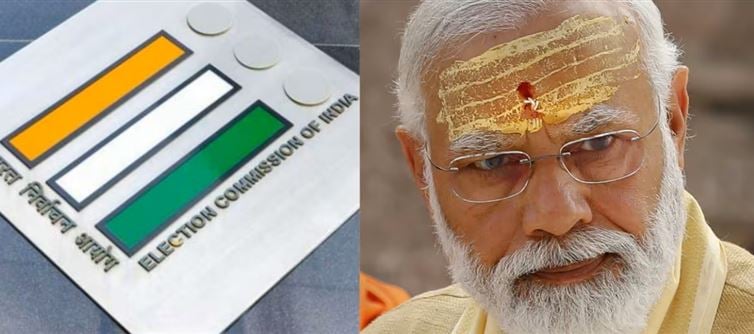
Similarly, when questions were raised about a suspicious spike in voting percentages after 5 PM on polling day, the ECI did not adopt a transparent approach. Opposition parties demanded access to the voter register, booth CCTV footage, and hourly voting percentages to verify the authenticity of the turnout figures. Instead of complying, the Commission amended the Conduct of elections Rules to deny this information in the future, effectively closing the door on scrutiny. This pattern was also evident in the scheduling of elections, where the ECI arbitrarily split maharashtra and haryana elections and held West Bengal’s polls over seven phases, prompting allegations that such decisions were politically motivated to benefit the ruling party.
The Commission’s handling of political disputes has been equally controversial. In the cases of the shiv sena and the NCP, the ECI recognized the factions led by Eknath Shinde and ajit pawar purely based on legislative strength, ignoring the organisational base and history—a departure from the supreme Court’s Sadiq ali precedent, which considered organisational strength a critical factor. Furthermore, when Opposition leaders allege model code of conduct violations by ruling party figures, the ECI often turns the spotlight on Opposition leaders themselves, issuing them notices instead. These repeated actions paint a picture of an institution that has drifted from being a neutral referee to an enabler of the ruling establishment. If the referee joins one team, as critics argue, the fairness of the match—and the survival of democracy itself—is gravely endangered.




 click and follow Indiaherald WhatsApp channel
click and follow Indiaherald WhatsApp channel